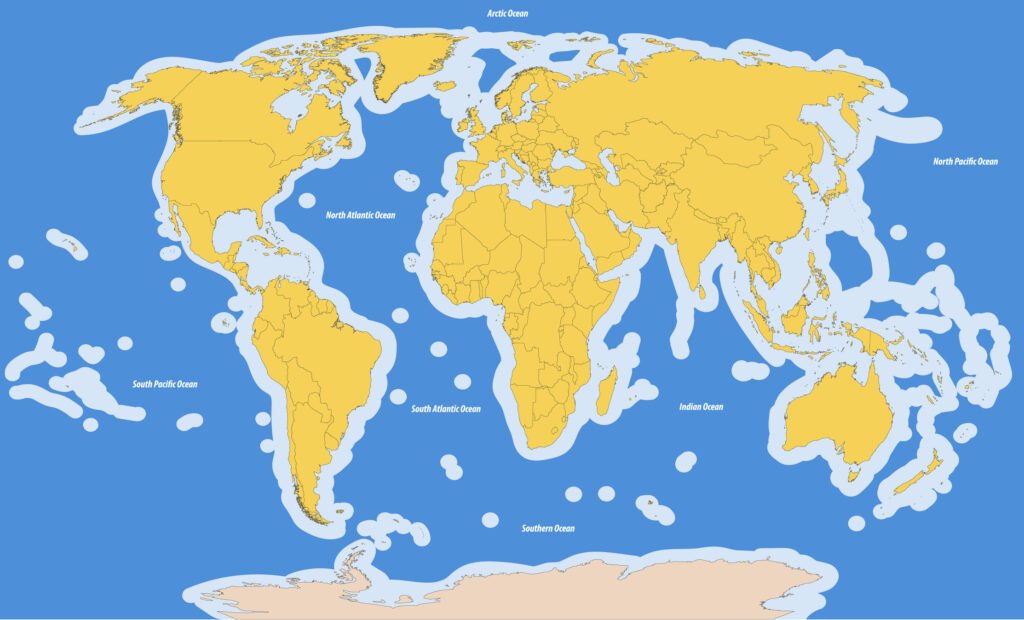In the world, more than 70% of the surface is covered by water. However, have you ever wondered what the term “international waters” means? In this article, we will provide you with a complete guide to help you understand everything you need to know about international waters.
What are international waters?
International waters are those areas that are beyond the territorial waters of any country. These areas do not belong to any particular country and are therefore considered the “common heritage of humanity.”
International waters are regulated by international lawl, which means that all nations have the right to navigate and use the natural resources present in these waters. However, it is also the responsibility of all countries to protect these areas from pollution and other risks.

What are the laws that govern international waters?
International waters are regulated by the United Nations Conventions on the Law of the Sea (UNCLOS). UNCLOS is considered one of the most important treaties in international law and establishes a legal framework for the management of marine resources.
The UNCLOS establishes the limit of the territorial waters of each country in 12 nautical miles (22.2 km) from its coast. Beyond this zone is the contiguous zone, which extends up to 24 nautical miles (44.4 km) and in which the country has certain rights.
After the contiguous zone, there is the exclusive economic zone, which extends up to 200 nautical miles (370.4 km) and in which the country has exclusive rights over natural resources.
Finally, beyond the exclusive economic zone, are the international waters, which are considered the common heritage of humanity.
Are you interested in: Copa América 2024: Everything you need to know
What are the activities allowed in international waters?
Because international waters do not belong to any particular country, all nations have the right to right to navigate and use the natural resources present in these waters. Permitted activities include fishing, navigation, scientific research and the exploitation of natural resources.
However, it is important to note that these activities must be carried out in a responsible and sustainable manner, and all nations have a responsibility to protect these areas from pollution and other risks.
What challenges do international waters face?
International waters face a number of challenges, including pollution, overfishing and climate change. These challenges can have a significant impact on marine ecosystems and biodiversity.
To address these challenges, sustainable management of marine resources and effective international cooperation are essential. It is also important to develop innovative technologies and practices that can help minimize negative impacts on the environment.




